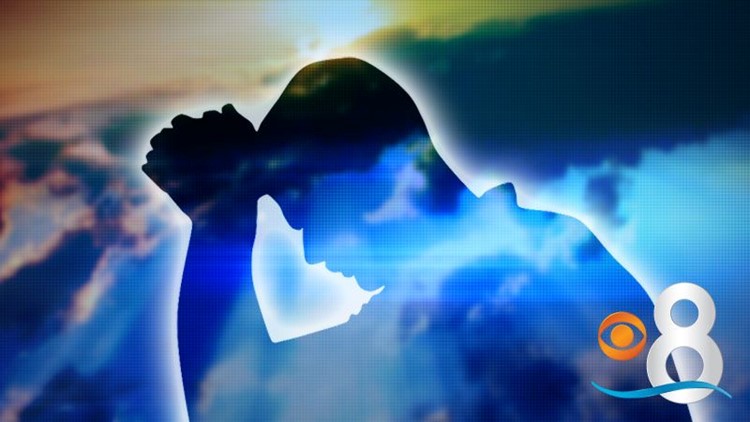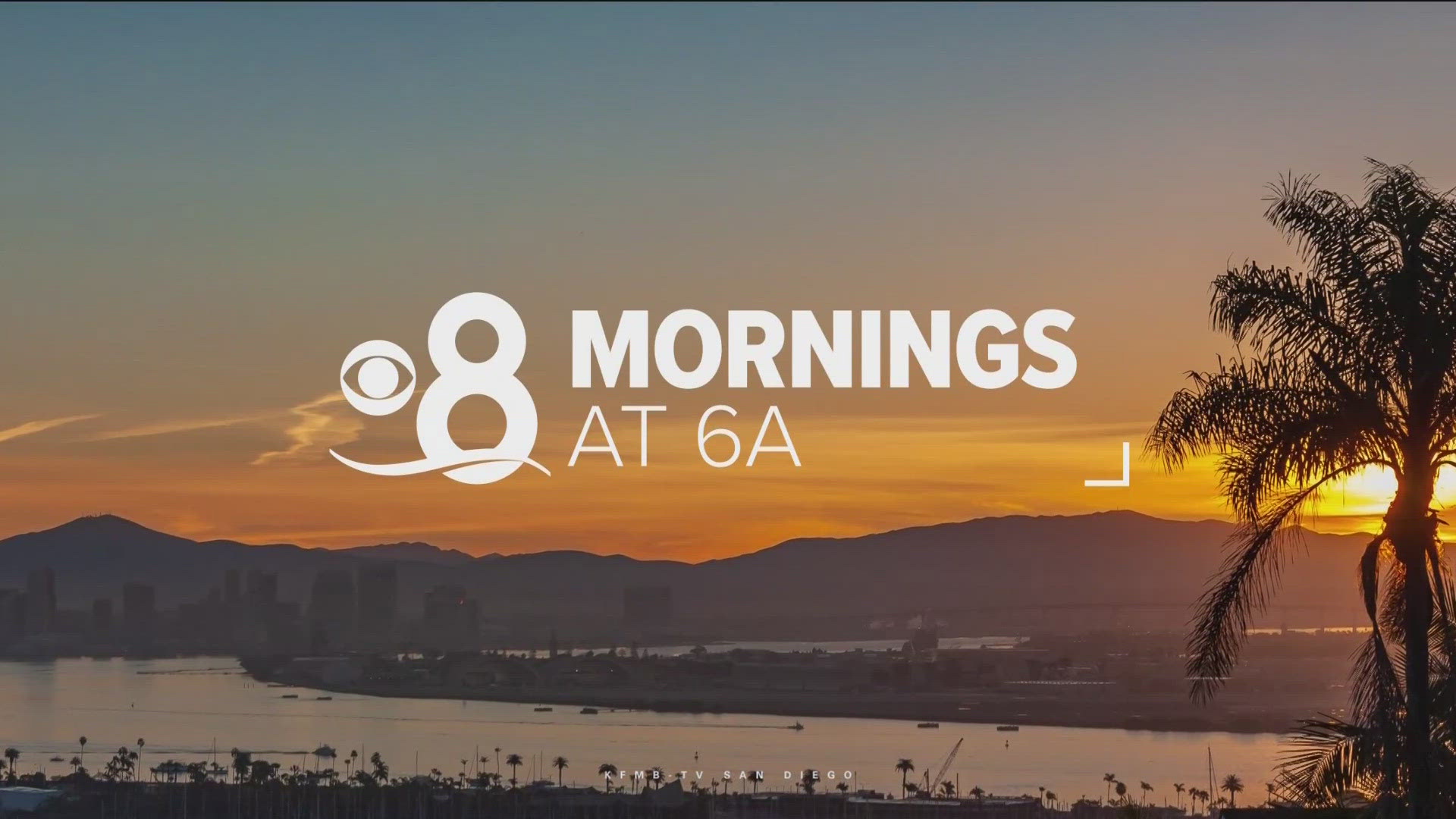SAN DIEGO COUNTY, Calif. — A Campo church seeking to hold in-person Easter Sunday services despite a county public health order prohibiting public gatherings was denied an exemption to the COVID-19 related health order Friday by a San Diego federal judge.
Abiding Place Ministries filed Thursday for a temporary restraining order to prohibit the county from enforcing its public health directives against the congregation's planned Easter Sunday gathering.
The church argued in court documents that the county's order is an unconstitutional violation of the right to freely exercise one's religion.
The church says it has made several proposals to county health officials in order to abide by public health recommendations, including having its congregants remain in their vehicles at the church and listen to the service over the radio or even wearing hazmat suits, but county officials have said this would still represent a violation of its order.
Previously, the county was banning gatherings of more than 10 people, but expanded the order Wednesday to all gatherings, with the exception of people who live in the same household, or those out in public to perform essential activities, like grocery shopping or attending to medical needs.
In a Friday afternoon Facebook post, Abiding Place Pastor Mark Spitsbergen wrote that he believed the church's activities were far less dangerous than other prescribed exemptions to the public health order.
"We simply know that what we have proposed to do as a church is not placing anyone at risk of being infected with this disease," he wrote. "However, seeing as the court has ruled that we do not have a constitutional right to assemble, then we must at this juncture cooperate with the courts."
Correspondence between the church and Dr. Wilma Wooten, San Diego County's public health officer, indicated the county would allow for the church to stream its services online. Wooten wrote that church employees who must operate the infrastructure needed to stream the Easter service can travel to the church to do so, but all congregants must remain at home.
"While the ability to view the service via the internet helps to mitigate the impacts to your congregation, I understand prohibiting your congregation from gathering together is a significant sacrifice," Wooten wrote. "Unfortunately, the spread of the coronavirus requires that we all make sacrifices and I am counting on you and your congregation to do their part and voluntarily abide by my order. If the members of your congregation do not abide by my order, the Sheriff will take actions necessary to enforce the order."
In its complaint, the church says "the public health officer and the county of San Diego have refused to meet with the church to discuss possible alternatives, and have refused to consider extreme social distancing measures that the church is willing to enact in order to uphold their supreme duty to obey God's command to assemble."
According to the church, there are usually fewer than 100 congregants at its Sunday services. In-person services are necessary for its members, who hold "real and sincere religious beliefs that it must physically assemble in one place on the Lord's day, commonly referred to as Sunday, and that failure to assemble is an unconscionable violation of God's commands," the church's court papers state.
U.S. District Judge Cynthia A. Bashant agreed with the county, saying that though it was unfortunate the peak of the virus coincided with religious holidays, the county was within its authority to "reasonably restrict" constitutional rights in the face of a public health emergency.
Bashant quoted the majority opinion from U.S. Supreme Court case Prince v Massachusetts, which states, "The right to practice religion freely does not include the right to expose the community ... to communicable disease ..."
County attorney Timothy White said the latest evidence from public health officials indicates "these next few weeks are key to flatten(ing) the curve."
He argued that allowing the service to go forward in-person would undercut the county's recent efforts to slow COVID-19's spread. He also said that granting Abiding Place Ministries an exception would put the county in "the untenable position of picking `winners and losers"' among the county's various churches and religions.
Abiding Place's attorney, Jeremiah D. Graham, argued in court papers, and in a telephonic hearing before Bashant, that the county and state's public health orders are preventing the church's members from gathering, yet provides exceptions for activities that are not constitutionally protected.
Graham argued those out grocery shopping or performing other essential activities permissible under the county's public health order may be spreading the virus, even though their activities are not explicitly protected by the Constitution.
Bashant said she had given some thought to the church's proposal of car gatherings, but ultimately felt it would be too difficult to enforce and would still contribute to more people out in public. Bashant cited statements in county attorneys' court papers, which said sheriff's deputies have visited the church on the last two Sundays and observed violations of social distancing directives among its members.



